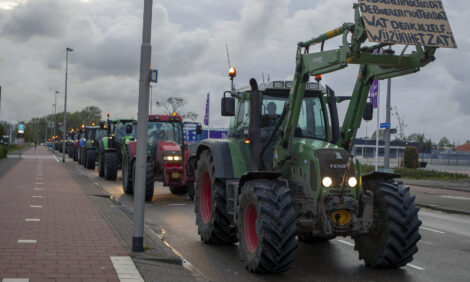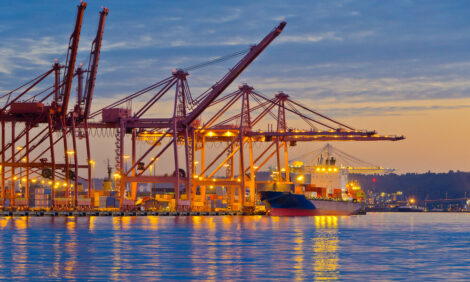



Clear Rules a Must For EU Dairy
EU - The international finance and debt problems have made it clear: free market forces create dangerous turbulence, plunging the economy into a deep crisis. The same goes for the dairy market. It is now in a state of frenzy, and the planned deregulation measures – such as the abolition of the quota in 2015 – will push it even further towards ruin, says the European Milk Board.The trend is towards rock-bottom prices that fluctuate dramatically and the milk producers’ greater dependency on dairy groups and banks. Clear rules are needed that guarantee the operation of a healthy market.
The financial sector cannot operate without efficient financial supervision, transparency and the outlawing of dangerous speculation. In the dairy sector, too, severe structural deficits necessitate far-reaching measures. In the current situation farmers have no bargaining power and so are unable to adjust their supply to consumer demand in a targeted way.
Lessons and solutions for the dairy market
To strengthen their bargaining position vis-à-vis the processors, members of co-operatives and producers that supply private dairies must be given the opportunity to join a producer organisation that negotiates on their behalf. Such a producer organisation must be able to become as strong in the market as a dairy.
Moreover, the European Milk Board says that a monitoring agency has to be set up to enable supply to be adjusted to demand across the markets. Its remit is to gather key data such as production costs, prices, and the volume of supply and demand. On that basis it calculates volume adjustments, i.e. works out how much has to be produced so that a) supply is geared to demand and b) a cost-covering farm-gate price is achieved for the producers and c) a fair milk price is achieved for the consumers.
Dangerous speculation
Speculation has caused the financial sector to fluctuate with disastrous effects. It is not clear whether the market can recover. It is irresponsible for foodstuffs like milk to be the subject of speculation. According to the World Bank, the so-called silent tsunami – as world food experts call dangerous price rises in staple foods due in part to speculation on food in futures markets – plunged 44 million people into poverty between June 2010 and April 2011.
TheCattleSite News Desk


